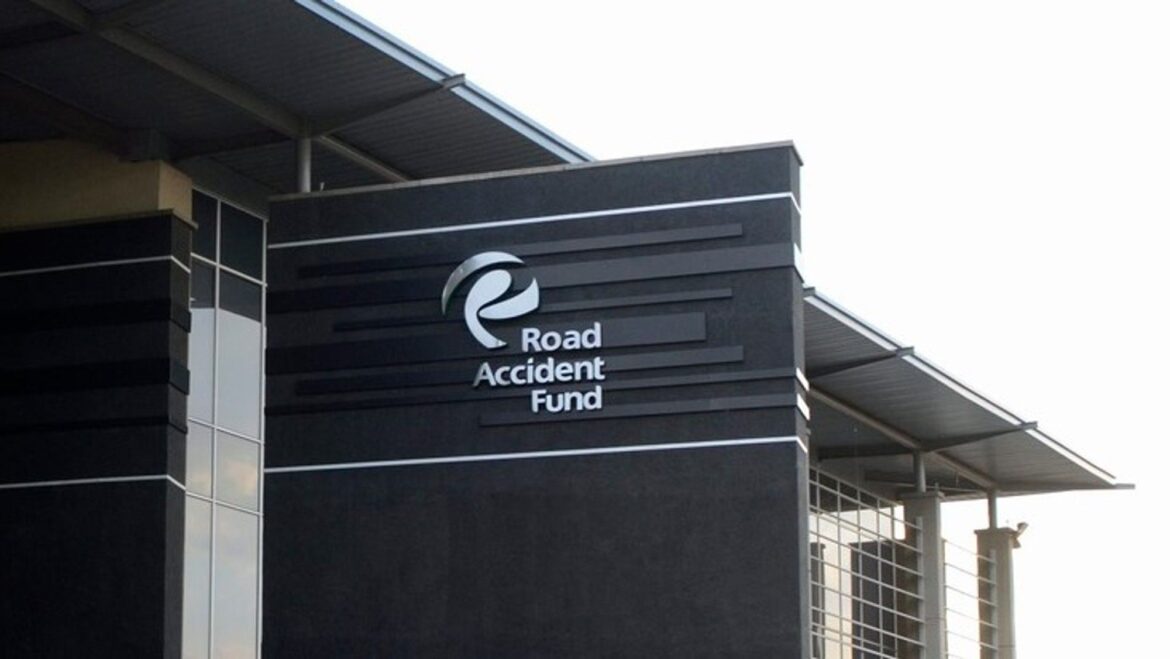A R1.4 million payout from the Road Accident Fund (RAF) to an undocumented Malawian immigrant, Charles Jeka Chipofya, has ignited a fierce storm of controversy across South Africa, fueling emotional debates around immigration, fairness, and public resources.
The award, ordered by the Western Cape High Court, stems from a 2016 car crash in Plettenberg Bay that left Chipofya injured. Despite lacking legal residency, the court ruled in his favour, declaring that the RAF Act makes no provision for exclusion based on immigration status.
⚖️ The Court’s Stand: Law Over Legal Status
Presiding Judge Lekhuleni emphasized that the focus was on the nature of the injury and the purpose of the RAF—to compensate victims of road accidents, not to enforce immigration policy.
Chipofya, who has lived in South Africa since 1994, is married to a South African and has two children. The court dismissed RAF’s attempt to overturn the payout due to passport irregularities, solidifying the compensation.
🇿🇦 Public Fury: “What About Our Citizens?”
The ruling has sparked national outrage, especially on social media, with many South Africans questioning how an undocumented foreigner could receive millions while citizens often face delays, rejections, or far smaller payouts.
“How does an undocumented immigrant get R1.4 million when law-abiding South Africans can’t get proper healthcare or social services?” wrote one angry user.
“This is a slap in the face to every struggling citizen,” echoed another.
🛡️ A Divided Nation: Fairness vs. Sovereignty
Supporters of the ruling argue that justice should not discriminate, and that the RAF’s mandate is to support all accident victims, not just citizens.
“The outrage is misdirected. If someone is injured on our roads, they should be helped—period,” said a legal analyst.
Others, however, view the case as a dangerous precedent, one that may encourage undocumented immigration and further strain limited public funds.
🔥 What’s at Stake?
This ruling has cracked open deeper national tensions—between constitutional rights and immigration enforcement, between legal compassion and perceived fairness, and between humanitarian principles and public frustration over service delivery.
With immigration and public spending already politically charged issues in South Africa, the Chipofya case has become a lightning rod for debates that extend far beyond a single court ruling.
